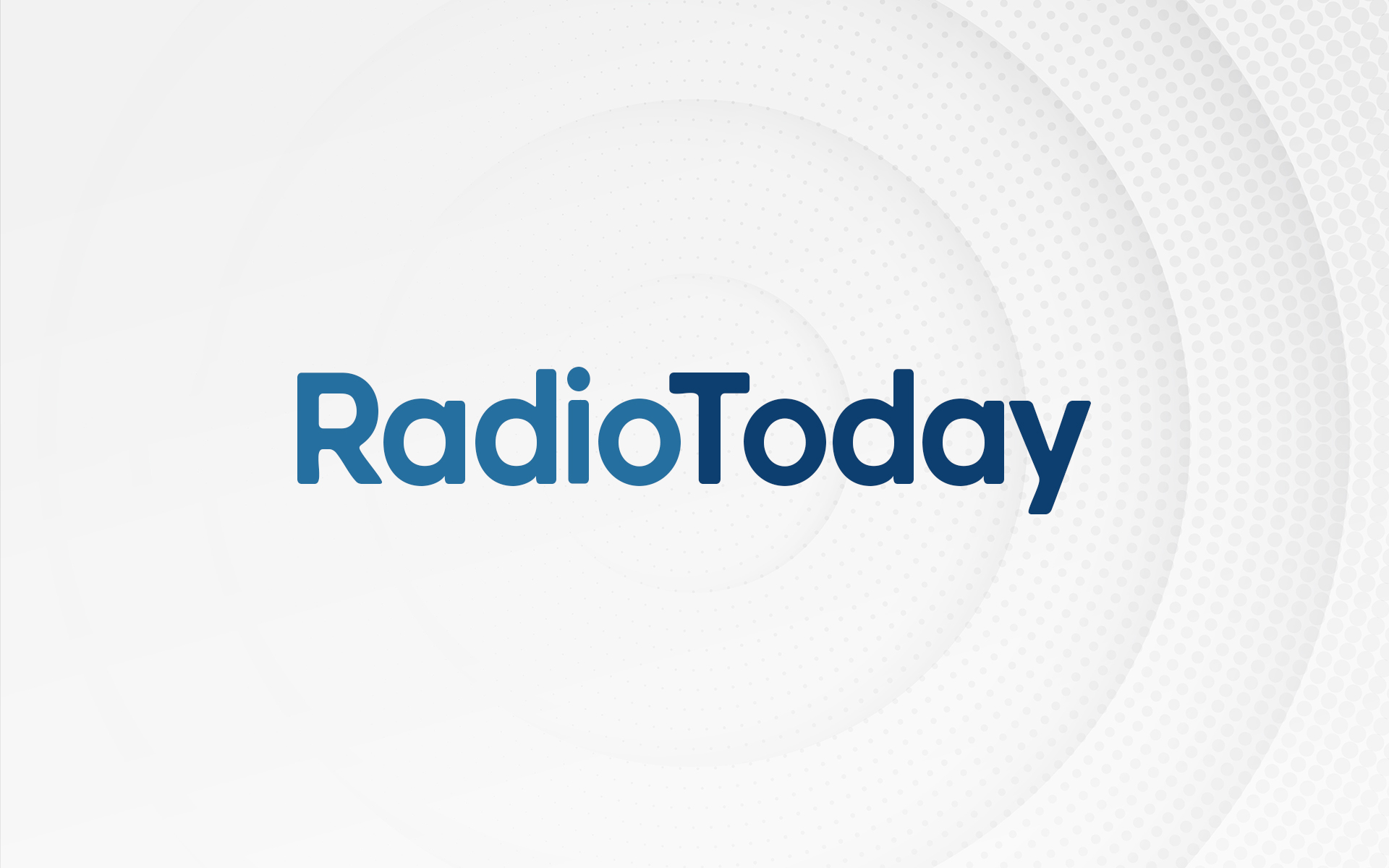
Feature: These are defining times in radio
The focus this week in the industry has once again been on local commercial radio. In many cases, small stations are struggling to make ends meet, and for some the only option is to consider whether there’s a better option than handing back the licence and depriving local advertisers of a marketing outlet that’s needed more than ever in these tough economic times.
In a special comment piece, Radio Today Editor Stuart Clarkson considers whether full-service local radio has had its day and whether it’s time to quit the moaning and move on.
 Whenever we run stories about local radio stations becoming part of national networks, co-locating or extending programme-sharing, I can usually predict what some of the first comments on our Facebook page are going to say. ‘Death of local radio’, ‘it shouldn’t be allowed’ and ‘complete madness’ are all phrases that spring to mind.
Whenever we run stories about local radio stations becoming part of national networks, co-locating or extending programme-sharing, I can usually predict what some of the first comments on our Facebook page are going to say. ‘Death of local radio’, ‘it shouldn’t be allowed’ and ‘complete madness’ are all phrases that spring to mind.
And it was no different on Monday, when we broke the story that Cornwall station Atlantic FM had been bought by Global Radio and will become Heart later this year (Likely to be early May, I’m told). So-called radio fans and industry folk took to social media sites and our own comments box to demonstrate their outrage at the ‘big bad Heart’ and wish bad things to happen to Global.
Which got me thinking. Isn’t it time we stopped the whinging, and just accepted that the state of the economy and the legacy of licensing decisions down the years means we are where we are? And that we should focus on the future of our industry instead of harping back to a ‘golden era’ that will never return? Just a thought.
Stop and think for a second about your own radio listening habits. And then think about how a friend or family member who doesn’t work in radio (or have an unhealthy interest in the medium) consumes it. Our own views can so easily be distorted by the fact we hang on every word the presenter says, notice every inflection in the VO on the sponsor credit and are quick to shout up when the latest Rihanna hit gets its second spin of the hour. Most real listeners probably can’t tell you the name of the presenter they’ve heard every day for the last 3 years. Lots don’t know who sings which songs – they can just hum the chorus line. And many won’t even be able to tell you the correct name of the station they’re listening to (“Oh yes, I love Radio Hallam”). I remember a friend of mine telling me once that she enjoyed Hereward FM much more than Q103 because Hereward played better songs. “But they play exactly the same songs in exactly the same order,” I explained, receiving not a lot more than a shrug of the shoulders in response.
I’m going on a bit, but my point is simple (and yes, I am generalising): In an age of the internet, smartphones and multi-channel TV, listeners are far less bothered about where their favourite radio station is based than they were in the 70s, 80s or even the 90s. In many markets, Radios 1, 2 and 4 still knock the local commercial competition into oblivion. Which tells me this: big name DJs (yes I know that contradicts my point above, thanks), a professional sound, and content that has no local relevance are all still a massive hit with listeners – from Penzance to Great Yarmouth, Portsmouth to Inverness.
So will Atlantic’s change to Heart lose audience for the frequency? I very much doubt it. If anything it’ll go up. Whether you like it or not is irrelevant. A core audience of listeners love it – and that’s good for business, and good for the survival of our industry.
We must not forget that commercial radio is a business. Yes, in the early days it was about ensuring local democracy, doing ‘lost pets’ features and promoting the bring-and-buy sale at your local town hall. But times have changed. All around the UK, small local stations – whether part of groups or stand-alones – are struggling. And why should those owners carry on throwing money at something that’s showing no signs of returning to the heyday of the 90s when single town stations were changing hands for upwards of three or four million pounds a pop? Publicly-available records highlight that Atlantic FM’s finances this time last year were far from brilliant. And, as UKRD have already shown with Fresh Radio, removing most of the costs but keeping the revenue income is a quick way to turn around a station’s fortunes.
I’ve heard comments before along the lines of “Ofcom should just give Heart and Capital a national frequency and let local groups have the local frequencies back to do proper local radio.” If that thought has entered your head then you need to sell your house and move into the real world – and fast. Global don’t want a national licence for Heart or Capital. They might want to share all programming 24/7 on the stations one day, but they don’t want to give up the ability to sell local ads in local markets. That’s their business model and it seems to be doing pretty well for them right now. Programmes of a standard worthy of national radio with a mix of national, regional and local sponsors and advertisers – plus the ability to do just the right amount of local news, sport, travel, weather and what’s ons that the listeners say they want. What’s not to like?
Yes, consolidation can be dreadfully sad for the people losing their jobs in the radio industry and the families they earn money to support. I’m not saying it isn’t. Our thoughts this week are firmly with the hard-working team at stations like Atlantic who have spent the last few years building up a decent station to be proud of. It’s a massive shame that circumstances not necessarily in their control mean local commercial radio doesn’t have the value we all probably assumed it would continue to have forever.
We’re in the middle of a defining period in our industry and I expect the next few weeks will bring more change too. So let’s try to embrace that change, look for the positives and pull together as an industry to ensure a secure future for radio in the UK.
What do you think? We’d love to hear your comments. Email us and we’ll include some in next week’s eRADIO.
Stuart Clarkson is Editor of Radio Today.
Posted on Wednesday, March 21st, 2012 at 4:20 pm by RadioToday Staff


